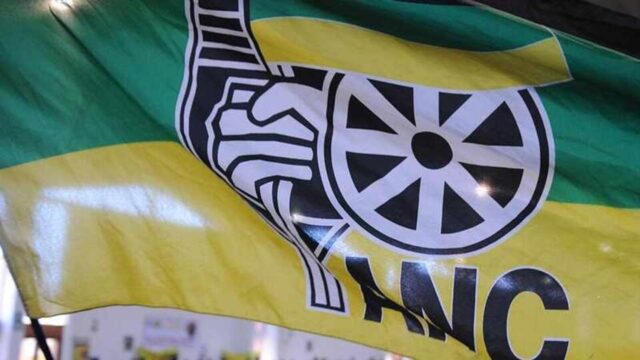OPINION: The slates and lists are running crazy on social media, but with no discussions about policies, writes Dr Pali Lehohla.
WHEN President Nelson Mandela visited the Mothapo Chieftaincy in Nobody, the media was awash with news that finally somebody knew Nobody.
What is in a name? But place names such as Verdwaal (Astray), Nooitgedacht (Never imagined or thought) and Nobody are but a few beginning to define us as a nation. Yet, they should not.
South Africa is just a few weeks away from the policy conference of the ANC, the majority party, in December. The slates and lists are running crazy on social media, but with no discussions about policies. If this is anything to go by, this conference will be the first to be exceedingly development content free.
Without a policy mandate, there will basically be no meaningful developmental agenda the newly elected officials and the rest of the National Executive Committee will be obliged to pursue other than to conclude that it is time that all resolutions taken hitherto should be implemented without further delay.
We have been through the merry-go-round, and as Ecclesiastes 1:9 says, “The thing that hath been, it is that which shall be; and that which is done is that which shall be done: and there is no new thing under the sun”.
This brings me to the 52nd National Conference in Polokwane in 2007, which brought a seismic shift to the politics of the country and the state of the economy as we know it today.
At that conference, the report of the then-president, Thabo Mbeki, raised several achievements and, indeed, in terms of the Memories of the Future Scenarios, South Africa was inching towards a Shosholoza, which was the best-case scenario.
Mbeki saluted the fallen heroes and heroines and then connected his speech to the 51st National Conference, where he referred to eight strategic issues Madiba raised at the 50th Conference, with the eighth being very relevant today.
He said: “Eighth: the objective of reconstruction and development cannot be achieved unless the ANC and the rest of the progressive movement of our country are strong and united around the realisation of clear policy objectives, which actually result in reconstruction and development.”
Mbeki’s speech under the sub-heading, ‘The struggle against poverty’, said we should “empower our people so that they, themselves, should be their own liberators while creating adequate social nets to protect the most vulnerable in our society”.
His record remains the best in the three decades. From 2004 to date of the 52nd Conference, the economy grew at above 4.5% every year and flirted with above 6% in one of the years, while real income per capita on average rose by 4% per annum from R29,000 in 2001 to more than R35,000 by 2006.
Investment as a percentage of gross domestic product rose to above 21% from 15%in 2002. Fixed capital formation grew by more than 10% annually. Public spending rose by around 9.4% in real terms annually for the past five years from 2007. This means that spending per person has grown at around twice as fast as the growth rate. And yet this was achieved while reducing our government debt and the deficit. Unemployment dropped from 30% in 2000 to 21% by 2008.
The performance by 2022 and since 2010 has been a far cry from that with 34% unemployment, deepening poverty, low growth, societal decay and gender-based violence as we plunge into a deeper state of Gwara-Gwara.
Mbeki then concluded his speech by asking the following question for the third time: “Does the ANC have the will and capacity to lead our country and people over the next five years in a manner that will enable the nation to celebrate our Centenary in 2012 together? This 52nd National Conference of our movement must answer this question through all the decisions it will take.”
It is clear from the Zondo Commission that the nation desecrated the graves of those who paid the ultimate price. A lesson that we failed to learn from Moshoeshoe, who, under the pain of his grandfather being eaten by cannibals, refused to desecrate the mobile graves of his grandfather.
Instead, he provided the cannibals with ploughs and seed – thus answering the root cause through a Reconstruction and Development Programme, which enabled the masses of his nation to be their own liberators.
* Dr Pali Lehohla is the director of the Economic Modelling Academy, a Professor of Practice at the University of Johannesburg, a Research Associate at Oxford University and a board member of Institute for Economic Justice at Wits. He is the former statistician-general of South Africa.
– BUSINESS REPORT








